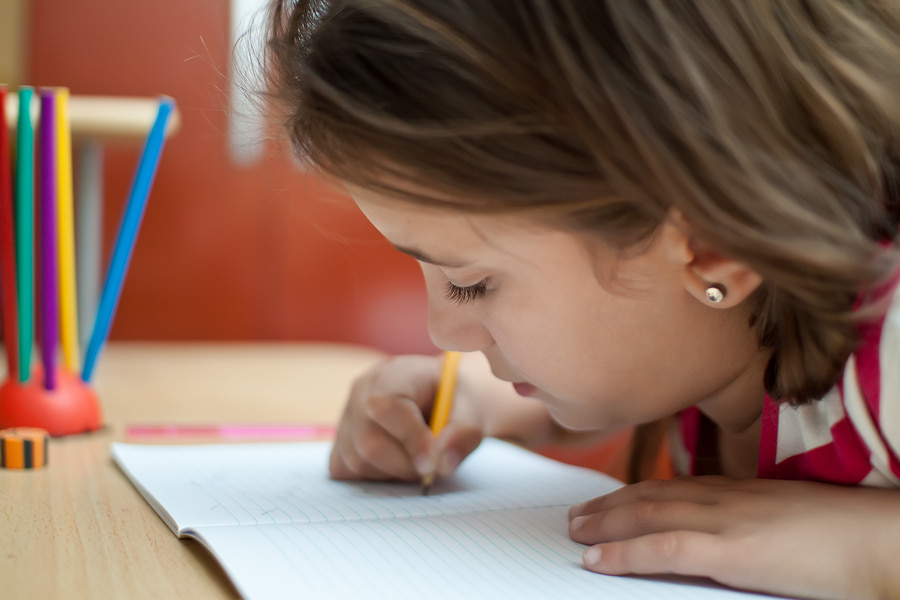Montessori education usually begins when a child is very young, and depending on the specific school, can continue through high school or stop after the pre-school years. Since this style of education starts early in a child’s life, deciding whether or not to send your child to one of these schools needs to take place soon after they are born. So how do you know if a Montessori school is a good fit for your child? There are several factors to consider when deciding if spending the money on a non-traditional school would be beneficial for your child.
Personality Traits
There are several personality traits you should look for in your child to determine if they would be well-suited for this style of learning. Is your child adventurous? Self-motivated? Children at Montessori schools guide their own learning and choose their own activities each day under the supervision of a trained teacher. Children who are excited to attempt new tasks on their own and make new discoveries will flourish in this environment, but if your child is better at following instructions than making them, they will probably not benefit as much from a Montessori school.
Educational Levels
Another factor you need to consider is how many levels of education are offered at your local Montessori school. Some Montessori schools do not go beyond pre-school or elementary school, so your child would have to switch to a traditional school for the middle and high school years. The transition can be tough for some younger children who are accustomed to the more free-flowing atmosphere of the Montessori school. Public school teachers have observed that since Montessori schools place more focus on individual learning during the early years, young children are sometimes not as equipped to handle the social demands of public or traditional private school.
Individual Expectations
There are also different expectations placed on children who attend Montessori schools. Because of the independent learning, children are expected to perform at least one new, thought-provoking task each day instead of doing the same activities over and over again. After a couple years of mostly independent learning, students are also expected to work together to socialize with their peers while using logic and imagination to reach a sophisticated moral sense and an idea of social organization. Since the academic and social expectations for students are high, children who learn at a more gradual pace or are excessively shy may have a difficult time completing these responsibilities.





